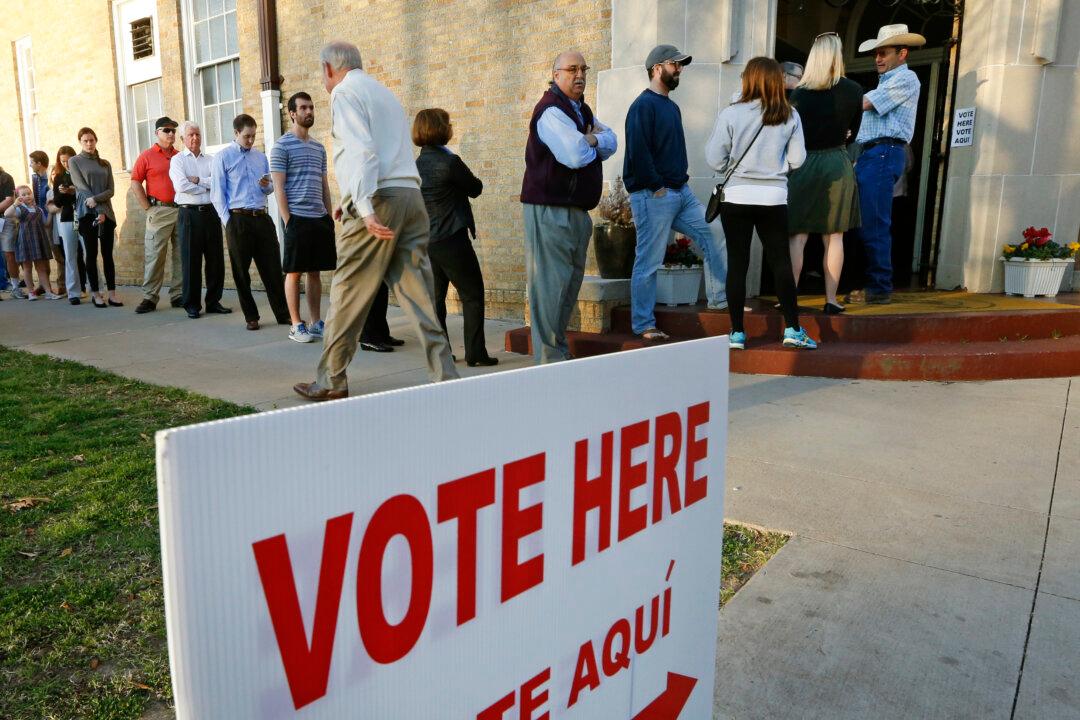WASHINGTON—Republicans and Democrats are duking it out, pouring vast resources into one of the most hotly contested midterm congressional elections in recent decades.
Although Republicans have shattered their own record for voter contacts, Democrats enjoy a financial advantage in the election cycle and enter the final days of the campaign with more cash on hand to launch last-minute get-out-the-vote (GOTV) efforts and advertising blitzes.





